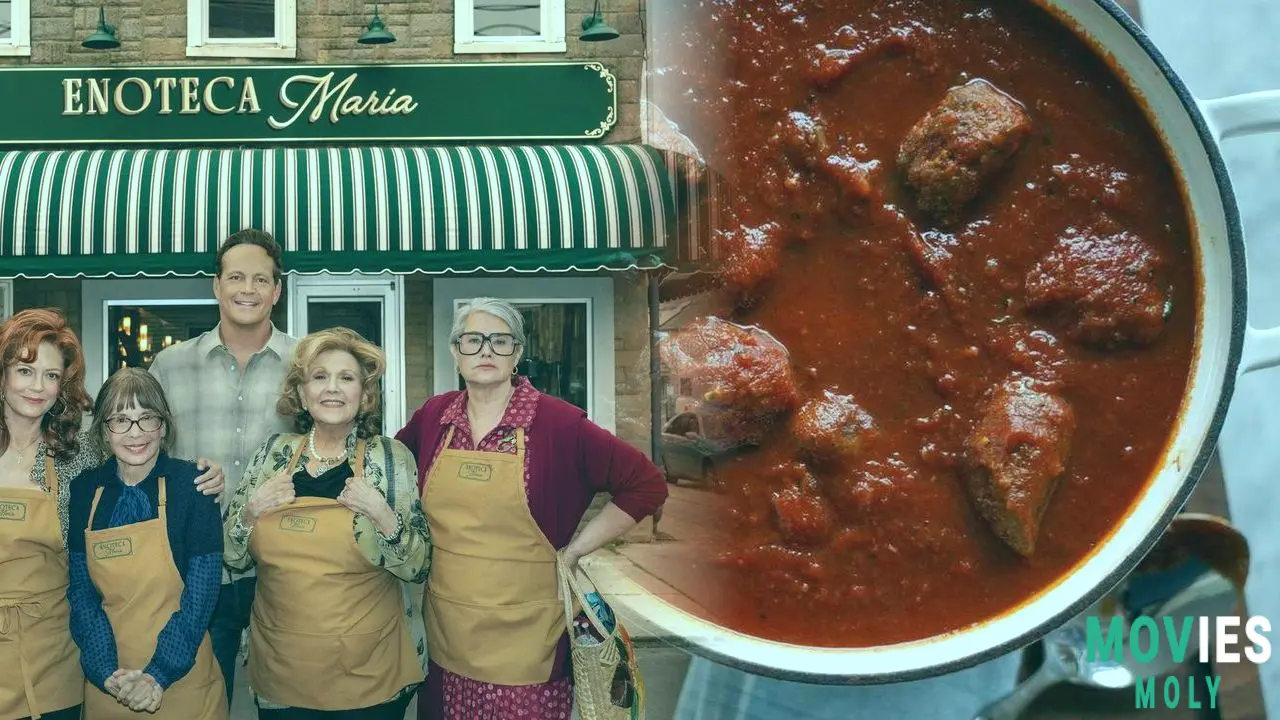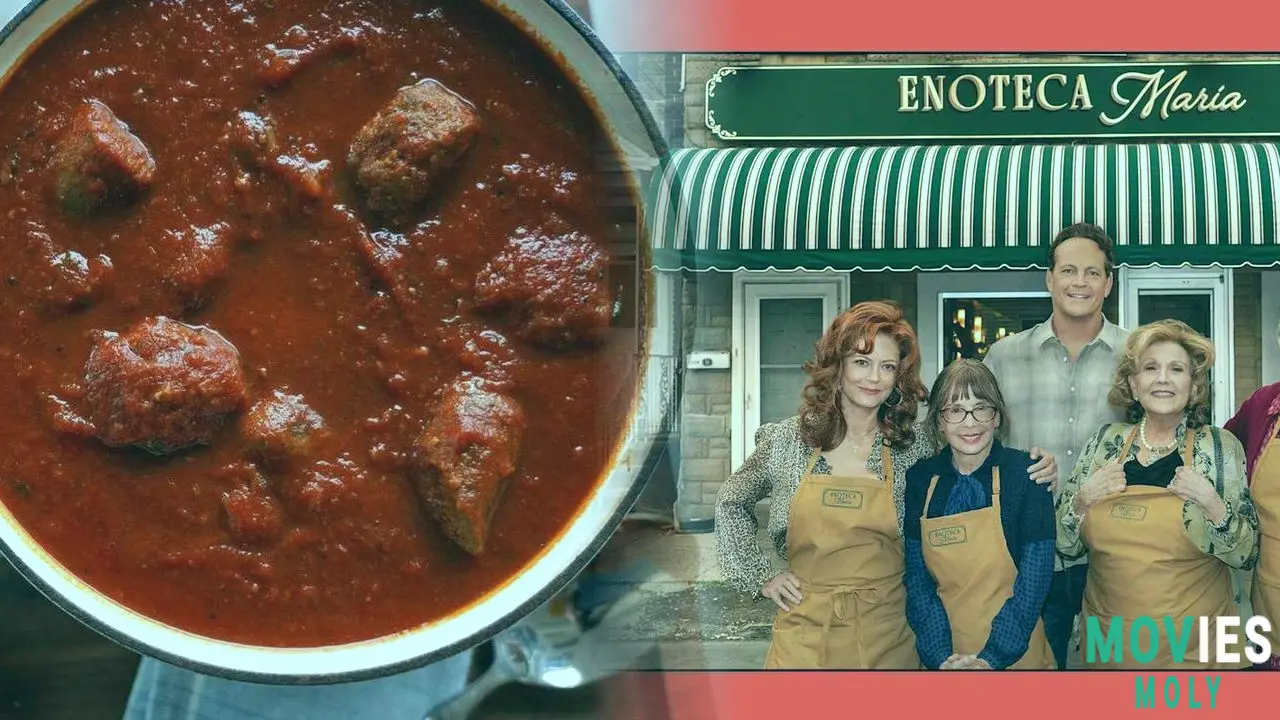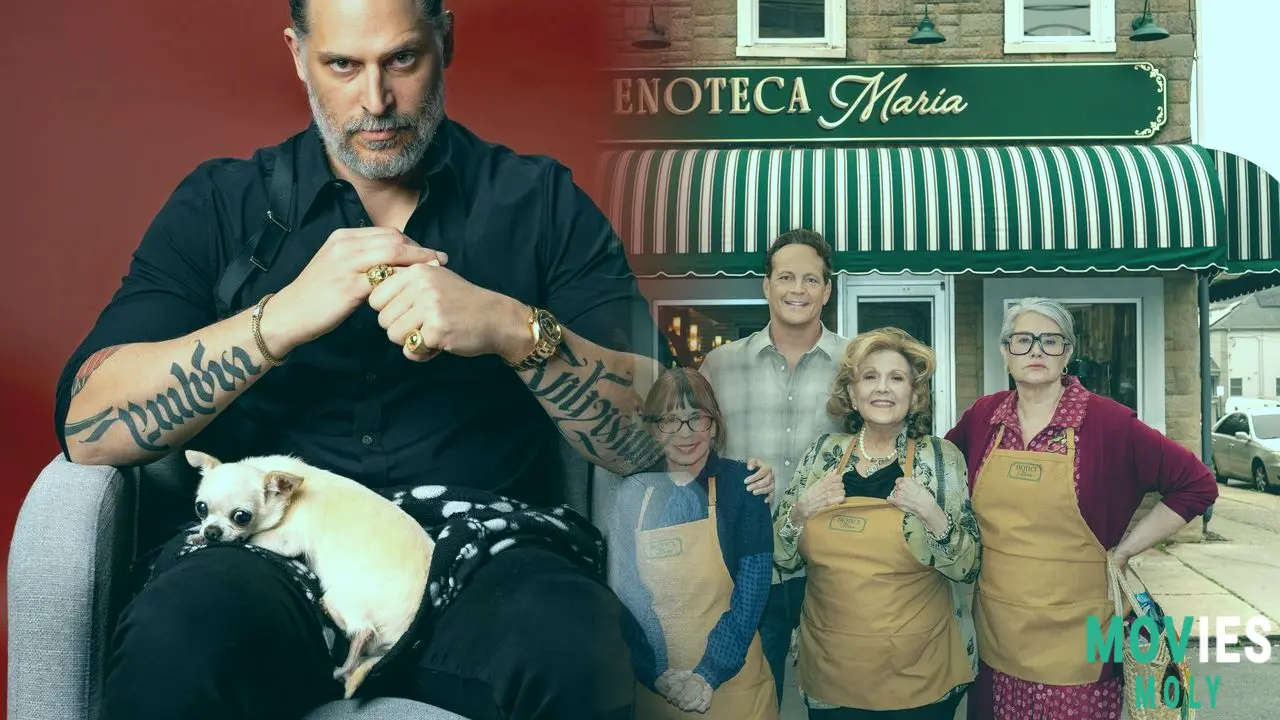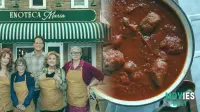Netflix’s Nonnas isn’t just a food film — it’s a celebration of family, loss, and finding purpose in unexpected places. And tucked into this savory story is Susan Sarandon, whose performance adds a quiet strength to a cast of Italian grandmothers (and one pastry chef) who refuse to be sidelined by age.
Why Susan Sarandon’s Gia Stands Out In A Ensemble Of Screen LegendsSarandon plays Gia, a former hairdresser who steps into the kitchen role like she was born for it. But beneath her confident hands and flour-dusted apron is a character who mirrors the film’s core theme: reinvention. Like the nonnas she cooks alongside — and the real grandmothers behind the recipes — Gia finds a new kind of family in the heat of the kitchen.
It’s not a lead role, and it’s not meant to be. Yet Sarandon slips into Gia’s skin so naturally that every scene she’s in feels a little more lived-in. She’s not just filling space; she’s giving voice to a generation of women who have stories to tell, even if those stories aren’t always front and center.
Nonnas Gives Sarandon The Kind Of Role That Feels Like A Homecoming

There’s something about Nonnas that echoes Sarandon’s earlier work — the grounded emotion, the subtle rebellion, the sense of belonging she often brought to roles in films like Stepmom and Thelma & Louise. Here, she’s not fighting the system; she’s gently pushing back against invisibility.
And she’s doing it alongside a trio of other powerhouse actresses: Talia Shire, Lorraine Bracco, and Brenda Vaccaro. Together, they form a culinary squad that doesn’t rely on drama to stay interesting. Instead, their chemistry — worn-in like a favorite sweater — carries the film through moments of joy, regret, and quiet triumph.
The Real Enoteca Maria Connection Makes Sarandon’s Performance Even More Resonant

Nonnas is grounded in real life. The Enoteca Maria restaurant in Staten Island truly exists, and so do the grandmothers who cook(ed) there. While Sarandon’s Gia is a fictional blend of different women from Joe Scaravella’s life, her role is clearly inspired by the real women who gave him more than just food — they gave him purpose.
Knowing this, it’s hard not to watch Sarandon’s scenes and feel that she’s honoring more than just a character. She’s honoring a legacy. A legacy of women who cook not for fame, but for love, connection, and survival.
How Nonnas Avoids Tired Tropes And Lets Sarandon Shine Naturally
Films about older women tend to fall into two traps: they either make the characters overly quirky or unbearably somber. Nonnas steers clear of both. It doesn’t ask Sarandon or the other nonnas to do anything flashy. It asks them to be real. And that’s enough.
There’s a scene where Gia quietly steps into the kitchen after caring for a sick woman. It’s small. Almost easy to miss. But it speaks volumes. Sarandon doesn’t overplay it. She simply is. And that simple presence is what gives Nonnas some of its most grounded emotional moments.
What Fans Can Learn From Sarandon’s Role In Nonnas
This isn’t a film about glamour. It’s about getting your hands dirty — with sauce, with life, with love. Sarandon’s Gia teaches us that relevance doesn’t fade with age. That purpose can be found in the most unexpected places. And that it’s never too late to cook up something meaningful.
For a film that’s already resonating with audiences looking for something real, Nonnas gives us a little extra in the form of Susan Sarandon. Not as a star, but as a storyteller. Not as a hero, but as a witness. And sometimes, that’s all you need.





